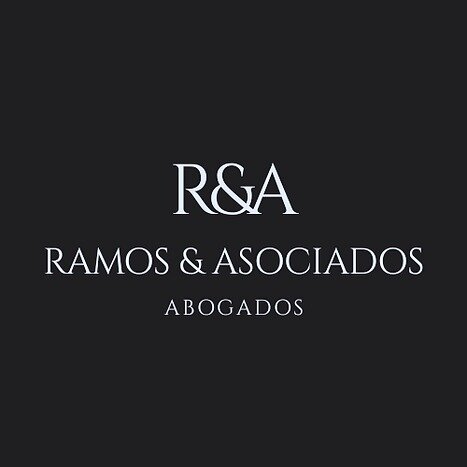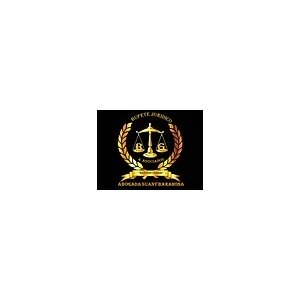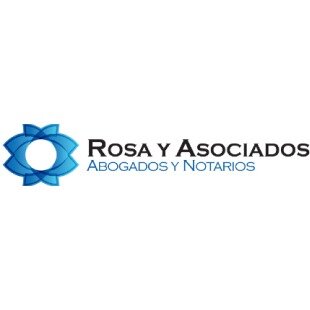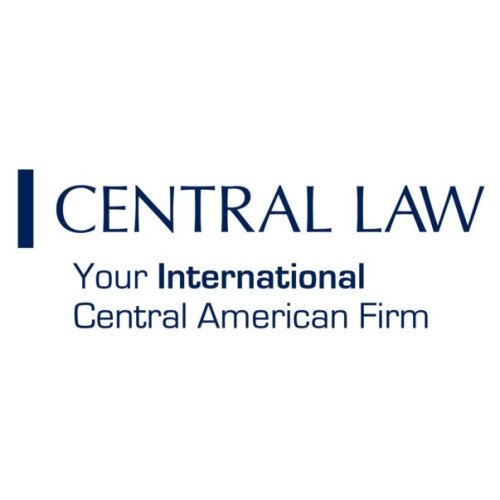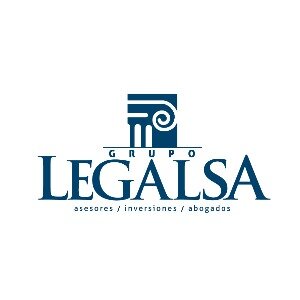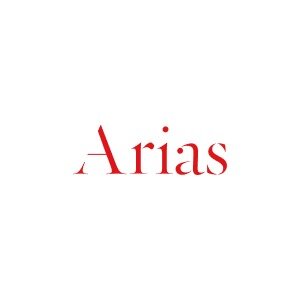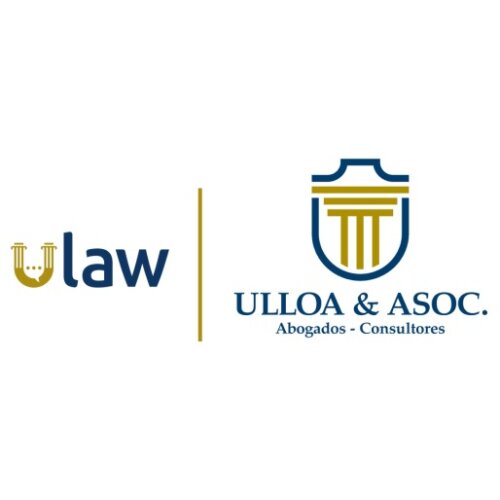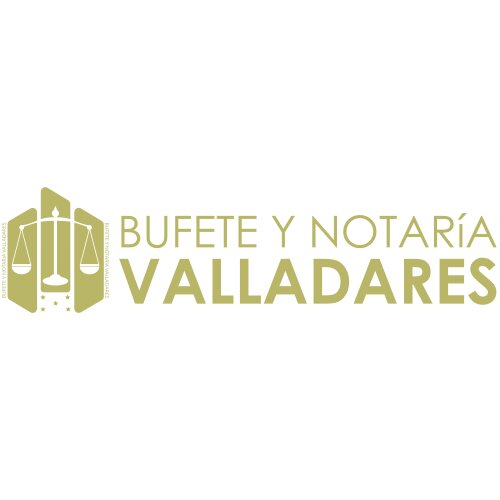Best International Trade Law Lawyers in Honduras
Share your needs with us, get contacted by law firms.
Free. Takes 2 min.
Or refine your search by selecting a city:
List of the best lawyers in Honduras
About International Trade Law in Honduras
International Trade Law in Honduras encompasses the regulations and requirements governing trade between Honduras and other countries. The legal framework is aimed at facilitating a balanced trade environment through tariffs, import/export regulations, trade agreements, and dispute resolution mechanisms. Honduras, as a member of the Central America-Dominican Republic-United States Free Trade Agreement (CAFTA-DR), is committed to promoting trade by reducing barriers and aligning its trade policies with international standards. The country is also a part of the World Trade Organization (WTO), which influences its trade laws and regulations.
Why You May Need a Lawyer
Consulting a lawyer proficient in International Trade Law can be beneficial in numerous situations, including:
- Understanding compliance with complex import/export regulations.
- Negotiating and drafting international sales contracts.
- Resolving cross-border trade disputes efficiently.
- Navigating tariffs, duties, and trade barriers.
- Advising on trade-related tax implications and incentives.
- Ensuring conformity with trade agreements and intellectual property rights.
- Facilitating international investments or joint ventures.
Local Laws Overview
Several key local laws and regulations are crucial for International Trade Law in Honduras:
- Customs Law: Governs the country's import and export processes, setting out procedures and duties applicable to various goods.
- CAFTA-DR Implementation: Implements obligations under the free trade agreement, significantly impacting tariffs, trade in goods and services, and improved market access.
- Foreign Investment Law: Encourages foreign investments by providing an equal playing field for investors and outlining protection measures.
- Intellectual Property Law: Aligns with international standards to protect the intellectual property rights of foreign and local businesses alike.
- National Competition Law: Prevents anti-competitive practices ensuring a fair trade environment which is crucial for international businesses entering the local market.
Frequently Asked Questions
1. What is the process for importing goods into Honduras?
The importation process includes submitting a customs declaration, paying any applicable duties or taxes, and undergoing customs inspections. Compliance with local regulations and obtaining required licenses or permits is essential.
2. Are there any trade barriers affecting international trade in Honduras?
While Honduras has reduced many trade barriers through agreements like CAFTA-DR, some agricultural and certain sensitive products may still encounter tariffs and non-tariff barriers.
3. How does CAFTA-DR affect trade in Honduras?
CAFTA-DR facilitates trade by reducing tariffs, increasing market access, and improving legal protections for foreign investments, benefiting both exporters and importers involved in trade with member countries.
4. What role does the Central American Integration System (SICA) play in trade?
SICA promotes economic integration among member states, facilitating intra-regional trade by working towards harmonized regulations and a more streamlined customs process.
5. What are my options for resolving trade disputes in Honduras?
Trade disputes can be resolved through negotiation, mediation, arbitration, or through the courts. Many prefer arbitration due to its efficiency and international applicability.
6. How can a business protect its intellectual property in Honduras?
Businesses should register their trademarks, patents, and copyrights with the Honduran Intellectual Property Office to ensure protection under local and international laws.
7. Are there any incentives for foreign businesses investing in Honduras?
The government offers various tax incentives and protections under the Foreign Investment Law to attract foreign investments, particularly in sectors like renewable energy and manufacturing.
8. How does the WTO membership influence Honduras' trade laws?
As a WTO member, Honduras aligns its trade laws with international standards, promoting transparency, and fair competition while allowing for dispute resolution through the WTO framework.
9. What documentation is required for exporting goods from Honduras?
Typically, exporting requires a commercial invoice, packaging list, export permits, and, depending on the destination, certificates of origin, and conformity documentation.
10. Can foreign companies participate in government procurement in Honduras?
Yes, foreign companies can participate in government procurement projects; however, they must comply with specific requirements set by the Honduran government’s procurement policies.
Additional Resources
Below are some resources and organizations that offer valuable information and assistance regarding International Trade Law in Honduras:
- Ministry of Economic Development: Offers guidance on trade policy and investment opportunities.
- Honduran Custom Authority (Aduanas de Honduras): Provides information on customs regulations and processes.
- Chamber of Commerce and Industries of Tegucigalpa: Supports businesses with trade and economic advice.
- World Trade Organization (WTO): Offers insights into Honduras’ commitments within the global trade system.
Next Steps
If you require legal assistance in the area of International Trade Law in Honduras, consider the following steps:
- Identify specialized lawyers or law firms with proven expertise in International Trade Law.
- Prepare all relevant documentation regarding your trade query or dispute to ensure a productive consultation.
- Schedule a consultation to explore your legal options and develop a strategy tailored to your trade needs.
- Evaluate the advice received and make informed decisions regarding your international trade engagements.
Lawzana helps you find the best lawyers and law firms in Honduras through a curated and pre-screened list of qualified legal professionals. Our platform offers rankings and detailed profiles of attorneys and law firms, allowing you to compare based on practice areas, including International Trade Law, experience, and client feedback.
Each profile includes a description of the firm's areas of practice, client reviews, team members and partners, year of establishment, spoken languages, office locations, contact information, social media presence, and any published articles or resources. Most firms on our platform speak English and are experienced in both local and international legal matters.
Get a quote from top-rated law firms in Honduras — quickly, securely, and without unnecessary hassle.
Disclaimer:
The information provided on this page is for general informational purposes only and does not constitute legal advice. While we strive to ensure the accuracy and relevance of the content, legal information may change over time, and interpretations of the law can vary. You should always consult with a qualified legal professional for advice specific to your situation.
We disclaim all liability for actions taken or not taken based on the content of this page. If you believe any information is incorrect or outdated, please contact us, and we will review and update it where appropriate.
Browse international trade law law firms by city in Honduras
Refine your search by selecting a city.



